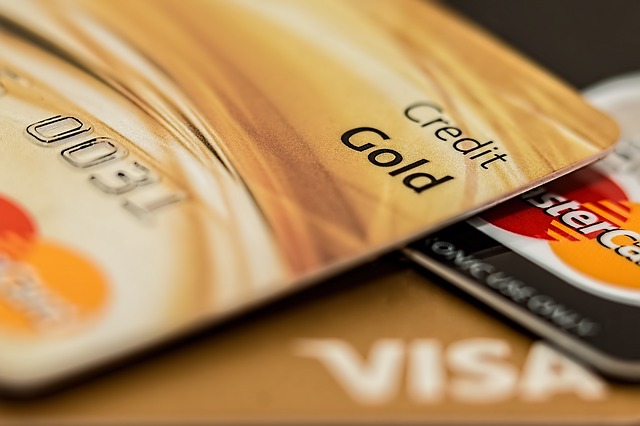Down Payment Money Saving Mistakes
 Are you saving up money for a down payment? Saving money to put down on a home is always a smart idea, but there are right ways and wrong ways to go about it. Understanding how to best save for a down payment will go a long way toward ensuring you’re ready when you finally find the house of your dreams.
Are you saving up money for a down payment? Saving money to put down on a home is always a smart idea, but there are right ways and wrong ways to go about it. Understanding how to best save for a down payment will go a long way toward ensuring you’re ready when you finally find the house of your dreams.
Here are four down payment money saving mistakes to avoid.
1. Not Saving Enough
It’s very admirable to have a goal of saving exactly 20% for a down payment. However, this is a common mistake new home buyers make. First of all, consider loan programs that allow for a lower down payment. In addition, there are lots of other costs associated with buying a home that you must also plan and save for, including:
- Closing costs
- Title fees
- Miscellaneous fees
- Time off work
2. Not Keeping Track Of The Source Of The Money
Many lenders have strict rules about where the money comes from for a down payment. Pay careful attention to the source of your down payment money, and keep accurate records. You may be asked to present these financial records to prove the source of funds as part of the mortgage review process.
3. Borrowing The Money
In addition, many lenders may allow only a certain percentage of the down payment to come from a family member. They want to know that you have the resources to come up with the down payment yourself without relying on favors from family members. Don’t make the mistake of borrowing excessively for the down payment, even if it’s from a third party lender.
4. Not Keeping Money In Reserve
It’s essential to keep some money in your savings account that isn’t earmarked for the down payment. You’ll need to disclose how much you have in savings and it will factor in where you get approved or not. Lenders want to see a history of consistent saving. This shows that you’re a financially responsible person with cash reserves in the event of an emergency.
The sooner you can start saving money for a down payment, the better. As you save, keep these four down payment money saving mistakes in mind so you have the best possible chances for being financially ready to act when you do find the house you want to purchase.
Your trusted home mortgage professional is ready to help you identify the right financial options for your specific situation. As soon as you are considering a home purchase or a refinance, be sure to contact this essential real estate partner.

 Having an excellent credit score is very useful. The following are some tips on how to maintain a superb credit score.
Having an excellent credit score is very useful. The following are some tips on how to maintain a superb credit score.